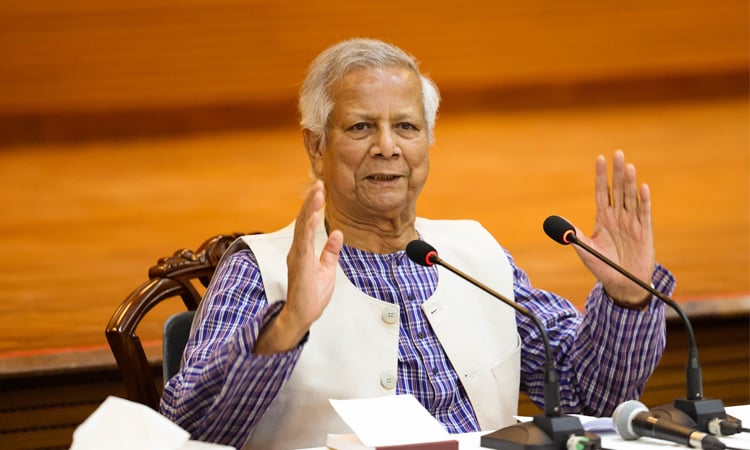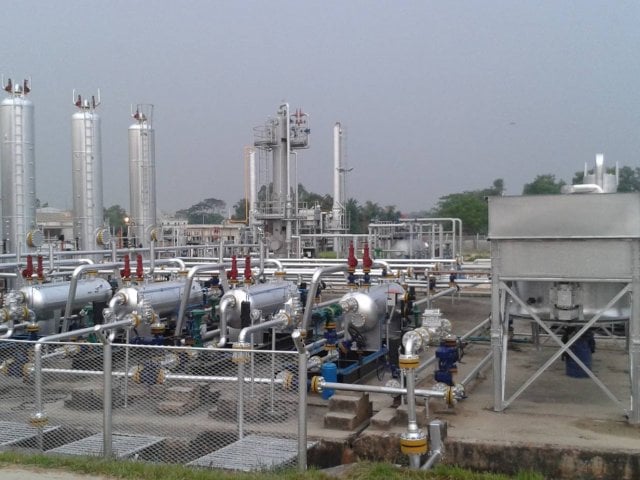
Chief Adviser Professor Muhammad Yunus today stressed the importance of establishing a new economic zone that would involve Bangladesh, India, Nepal, and Bhutan. He emphasized that this initiative, which has already begun, should be accelerated to help foster regional economic cooperation and growth.
Speaking at an event hosted by the Bangladesh Administrative Service Association (BASA) at the Bangladesh-China Friendship Centre, Yunus explained that Bangladesh’s strategic geographic location, nestled between two rapidly growing economies—India and China—offers immense economic potential. He noted that both India and China are making fast progress, and Bangladesh could advance in tandem with them.
One of Yunus’ key points was the underutilized marine potential of Bangladesh. He stated that if Bangladesh could effectively harness its marine resources, it would experience rapid economic growth. He also highlighted the opportunity to generate hydropower in the Himalayan region, with Nepal eager to export its electricity to Bangladesh. While India currently restricts the import of power from Nepal, Yunus expressed hope that India would eventually allow Bangladesh to use Indian territory for economic purposes, benefiting the region as a whole.
Yunus further observed that Bangladesh is fortunate due to its geographic location. He proposed that setting up a series of marine ports along the country’s coastline—from Cumilla to Teknaf—along with a deep seaport at Matarbari, would significantly enhance Bangladesh’s economy. “If we can give ships from all over the world access to these ports, who could stop us?” he questioned.
The Chief Adviser also pointed out the existence of an economic zone in South Asia, but lamented that it has not yet been fully operational. He noted that Nepal and Bhutan are landlocked countries, and India’s seven northeastern states (the “seven sisters”) lack seaports. However, Yunus suggested that if the new economic zone were established, these countries would be able to unlock immense trade potential. Goods could be transported directly between Bangladesh, Nepal, Bhutan, and India’s northeastern states, fostering greater regional trade and cooperation.
In conclusion, Yunus reiterated that Bangladesh’s geographic location is a significant advantage, offering the nation unique opportunities to drive economic progress in partnership with its neighbors.








